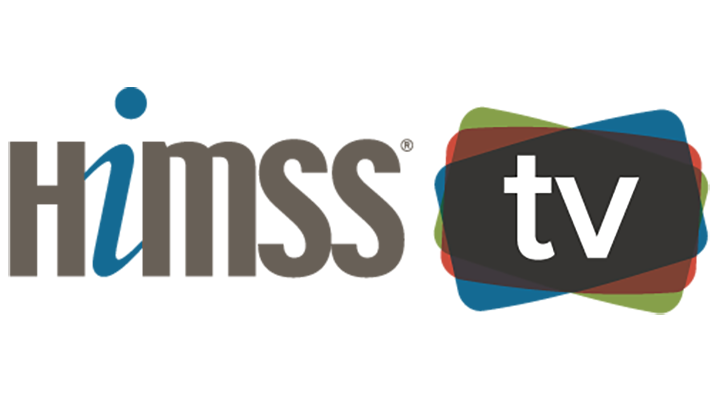HIMSS TV
A VR tool at Moffitt Cancer Center helped relieve a patient's anxiety about undergoing treatment by enabling him to experience a simulation of the procedure. Dr. Sarah Hoffe, Moffitt's interim chair of GI oncology, shares more.
With innovations like VR-based care simulations and lessons about AI principles, Advocate Health's Dr. Rasu Shrestha says Charlotte-based clinical education district The Pearl will prepare students for modern medical practice.
With only six months left, Martin Gilje Jaatun, senior scientist at SINTEF Digital, says the NEMECYS project's final goal is to engage stakeholders, address industry concerns and enhance global medical device cybersecurity.
Hal Andrews, CEO of Trilliant Health, explains the significance of the legislation, requiring every not-for-profit hospital to have charges equal to or less than the state average, which was signed by Governor Mike Braun in May.
Health technology leaders have an "ethical responsibility" to mentor the next generation, says Edward Marx, CEO of Marx Advisory, who says he enjoys building authentic connections with cohorts via the CIO Connect program.
Jakob Skaarup Nielsen of Healthcare Denmark says countries wishing to adopt AI tools must prioritize security, transparency and stakeholder cooperation to encourage patients to accept these new technologies.
Maestro is designed for laparoscopic soft-tissue procedures, providing surgeons with an extra set of hands so they can focus more fully on the operation itself. Moon Surgical CEO Anne Osdoit explains more.
While 10 of the 28 companies in the 2025 NHS Innovation Accelerator cohort include AI in their tools, co-director Mindy Simon says the health system is primarily interested in useful applications that can connect to existing systems.
The center is partnering with Lambda Legal to challenge anti-LGBTQ executive orders, defend access to care for its transgender patients and protect their data. Gabriel Garcia-Lopez describes the center's mission.
Mercy's Tracy Breece expects that in five years artificial intelligence will seamlessly integrate into nurses' workflows, empowering them to fully engage with patients and provide holistic care.










